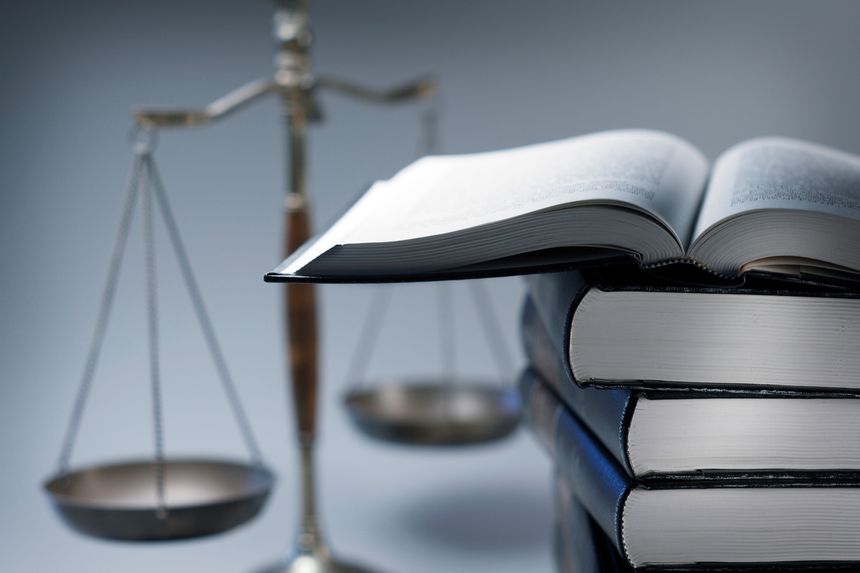In recent years, the rise of social media platforms has ushered in a new era of communication and marketing, giving birth to a phenomenon known as influencer culture. Influencers, individuals who have amassed a significant online following due to their expertise, charisma, or relatability, wield substantial power to sway opinions and consumer behaviors. However, this power comes with inherent legal responsibilities and liabilities that both influencers and their followers need to be aware of. One of the primary areas of concern in influencer liability is transparency. As influencers collaborate with brands and promote products or services, the lines between genuine recommendations and paid partnerships can blur. To address this, many jurisdictions require influencers to clearly disclose their relationships with brands and advertisers. Failing to disclose such relationships not only undermines trust but can also attract legal action for deceptive advertising practices. In this context, the concept of material connection becomes crucial; if there exists a material connection between the influencer and the brand they are endorsing, whether financial or in-kind, it must be disclosed.

This ensures that consumers can make informed decisions based on unbiased information. Moreover, influencer liability extends beyond just advertising transparency. The content shared by influencers can sometimes involve intellectual property violations, defamation, or even the promotion of illegal activities. Influencers are responsible for ensuring that their content does not infringe on copyrights, trademarks, or other intellectual property rights. Additionally, making false claims or defamatory statements about individuals or businesses can result in legal consequences. As influencers often have a wide reach, the impact of such statements can be significant and far-reaching. Product liability is another significant concern in the influencer landscape. If an influencer recommends a product that turns out to be defective or harmful, they could potentially be held liable for any resulting injuries or damages. While the ultimate responsibility lies with the manufacturer, influencers who endorsed the product could face legal action if they endorsed it without conducting proper due diligence or if they were aware of the product’s defects.
It is also essential to consider data privacy and protection laws. Influencers often collect and use personal data from their followers go to page, whether for giveaways, market research, or other purposes. This collection and usage must adhere to relevant data protection regulations, such as the General Data Protection Regulation GDPR in the European Union. Failure to comply with these regulations can result in fines and reputational damage. In conclusion, the world of influencer culture is not exempt from legal responsibilities. From transparent advertising practices and intellectual property rights to product liability and data protection, influencers navigate a complex legal landscape. To ensure their own credibility, protect their followers, and avoid legal troubles, influencers must stay informed about the laws and regulations that govern their online activities. Likewise, consumers should be discerning, understanding that not all content is unbiased and that legal ramifications can arise if influencers neglect their responsibilities.